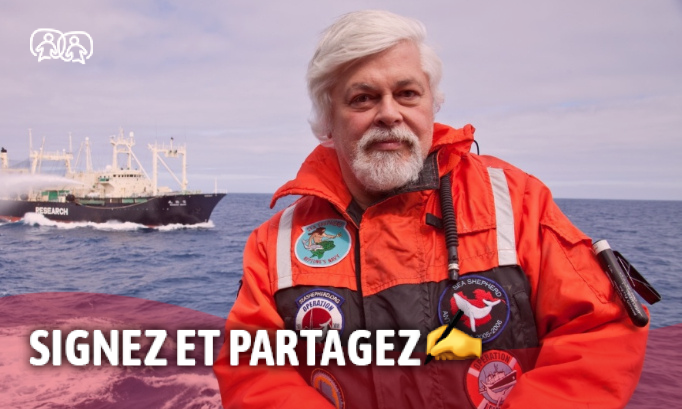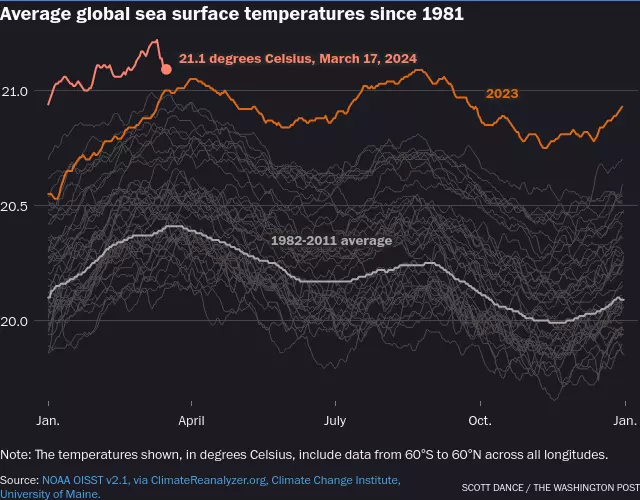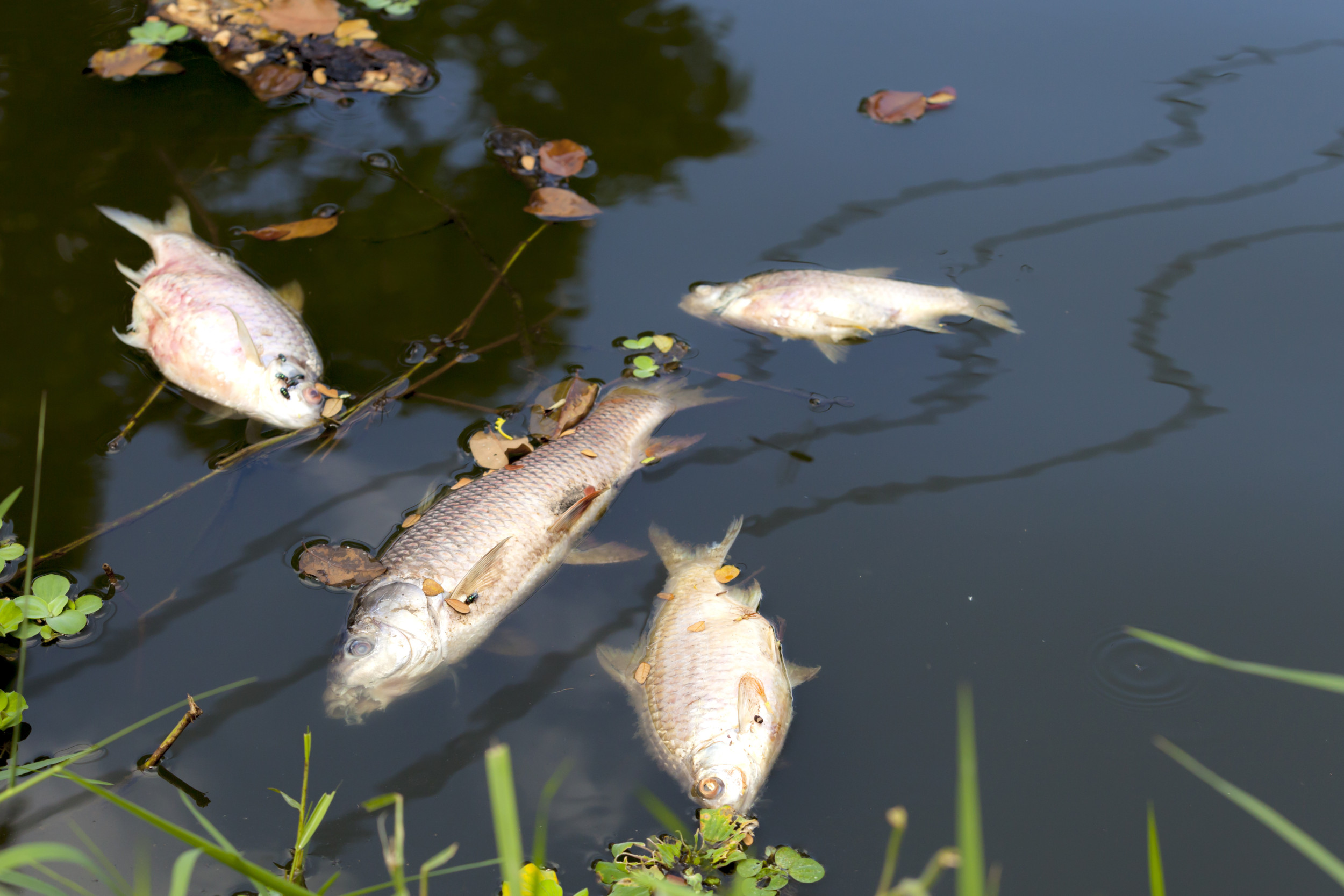Huffington Post
Camille Étienne a « hacké » le compte Instagram de Björk pour interpeller Emmanuel Macron sur les océans
https://mcinformactions.net/camille-etienne-a-hacke-le-compte-instagram-de-bjork-pour-interpeller-emmanuel
#oceans #rechauffementclimatique #biodiversite #ecosysteme
1 Shares
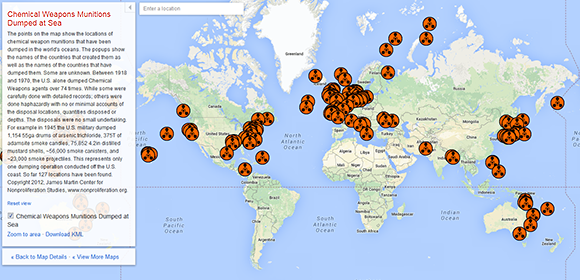
 Happy, новое видео OCEANS, доступно для просмотра ниже. Этот трек взят из нового альбома Happy, релиз которого состоялся 27 сентября.
Happy, новое видео OCEANS, доступно для просмотра ниже. Этот трек взят из нового альбома Happy, релиз которого состоялся 27 сентября. Spit, новое видео OCEANS, доступно для просмотра ниже. Этот трек взят из нового альбома Happy, релиз которого намечен на 27 сентября.
Spit, новое видео OCEANS, доступно для просмотра ниже. Этот трек взят из нового альбома Happy, релиз которого намечен на 27 сентября.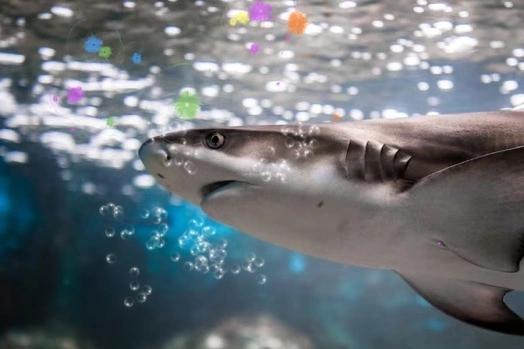

 Parasite, новое видео OCEANS, доступно для просмотра ниже.
Parasite, новое видео OCEANS, доступно для просмотра ниже.